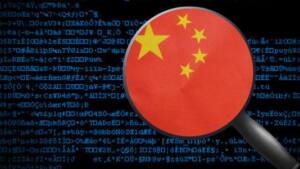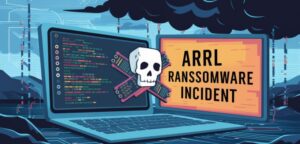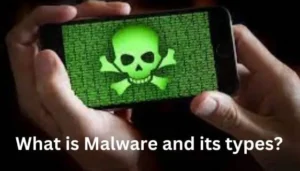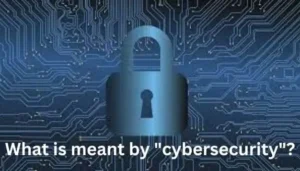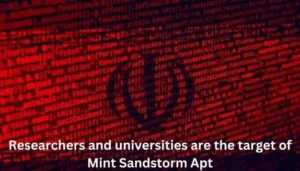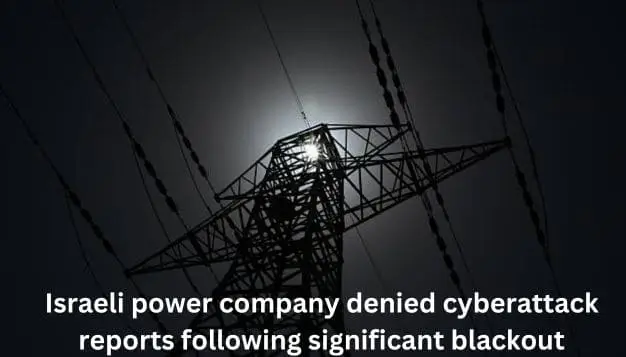
|
Getting your Trinity Audio player ready... |
On Monday, December 25, Israel was forced to deal with extensive power outages and internet blackouts following the collapse of at least two of a major power company’s production units.
The blackout sparked rumors that it might be related to the ongoing conflict in Gaza and a possible Iranian cyberattack.
Israel Electric Corporation (IEC) CEO Meir Spiegler, however, denied these allegations without explaining the units’ failure.
According to Local Media, 150,000 people nationwide were affected by the initial outage, but only 34,000 people remained without power after the majority of them were connected again in a matter of hours.
The IEC stated that backup units were activated as soon as the two units collapsed, per reports in the local media.
“Loadshedding brought about by this disruption resulted in power outages in several areas of the nation. Most of the outages saw the return of electricity as alternative production units came online, according to the IEC.
“A production unit that supplies 250 megawatts is the source of the faults that consumers across the nation have reported, not a cyberattack. To fix the issue, the system implemented “load shedding,” and new production units are currently being turned on. Some locations have already received electricity,” it continued.
The investigation to determine the causes of the blackout has already begun, and Israeli authorities are currently on high alert.
But if the authorities can confirm a link to a cyberattack, this could signal a significant escalation in the ongoing conflict that has already involved Iran and its allies.
A week has passed since Iran’s fuel distribution services were shut down nationwide, and now there is a power outage in Israel.
The attack that caused disruptions to services at petrol stations throughout the nation on December 18 was attributed to a hacking group that Iran accuses of having ties to Israel, according to reports from Israeli local media.
Widespread Power Outages in Israel: Cyberwarfare Suspected
Israel is dealing with widespread power outages and disruptions in internet services in the shadow of a region already rife with conflict. There have been reports of these outages from all over the country, leaving many communities without access to the internet. We are still unsure of the precise reason for the disruptions as we work through this developing situation. On the other hand, unconfirmed reports coming from Iran raise the prospect of a more sinister story—one of cyberwarfare.
According to these reports, Iran may have been involved in cyberattacks against Israeli infrastructure. If confirmed, this would represent a significant turn in the two countries’ ongoing cyberwarfare history and a dramatic escalation of hostilities. These purported cyberattacks have broad ramifications that raise concerns about public safety, national security, and the vulnerability of vital infrastructure.
Israel’s authorities are probably on high alert as they look into what caused the outages and whether or not the reports of cyberattacks are true. There is a great deal at stake because of the magnitude of the outages and the possible global repercussions. The entire world is keeping a close eye on these claims, waiting to see if they are officially confirmed or denied, and what kind of consequences either way.
The current scenario is taking place against the backdrop of increased Middle East tensions and previous instances of cyberwarfare between Iran and Israel. The dynamics of regional power could potentially change as a result of these alleged cyber activities, which would also mark a significant escalation of existing tensions. However, until verification is obtained, these are merely claims, and it is still unknown what is really causing the internet and power outages.
The immediate consequences are upon the people of Israel in the center of the storm. Their everyday lives are affected, but so is their sense of stability and security due to the power outages and internet disruptions. They wait for clarification and answers amid the uncertainty, hoping that this crisis will be resolved quickly.

